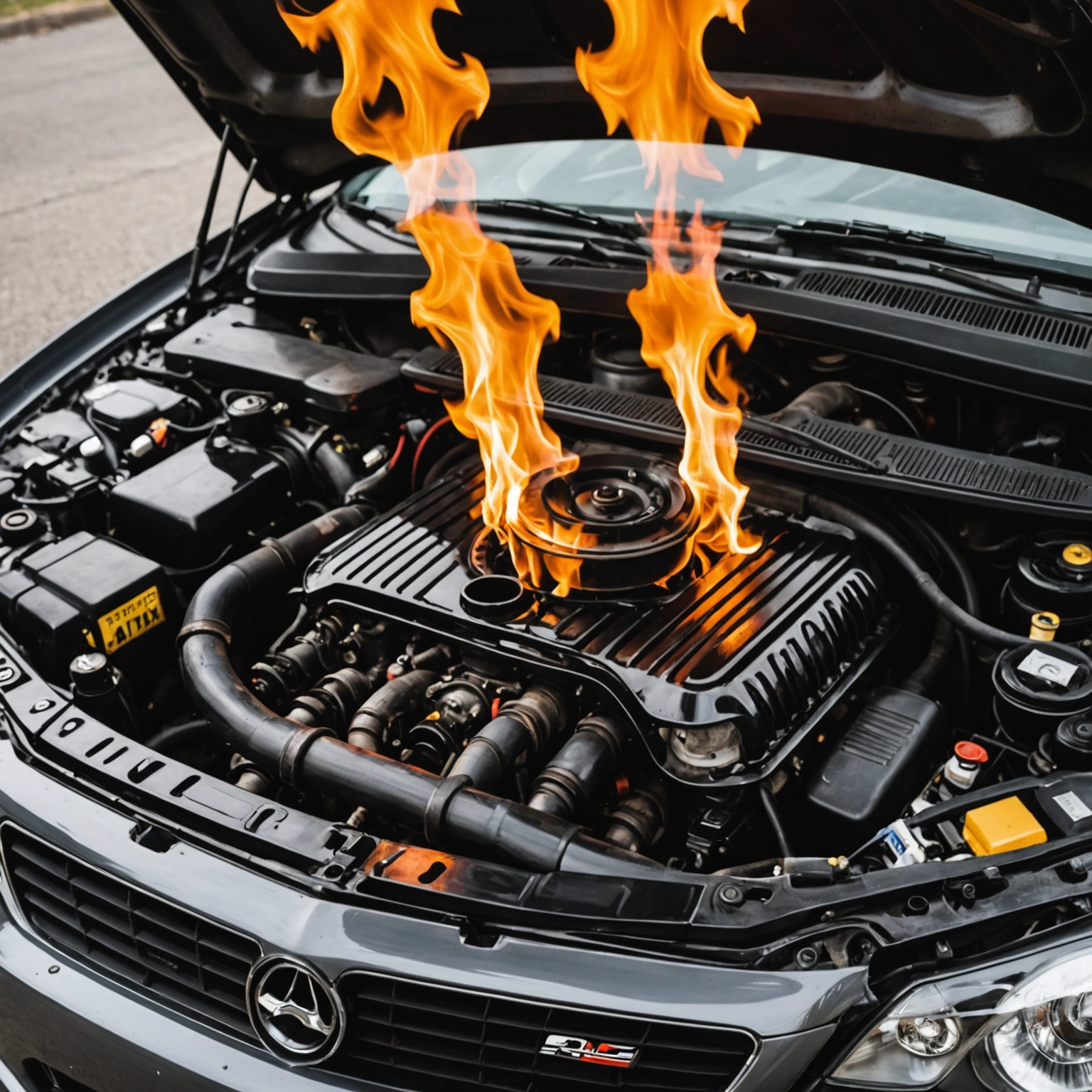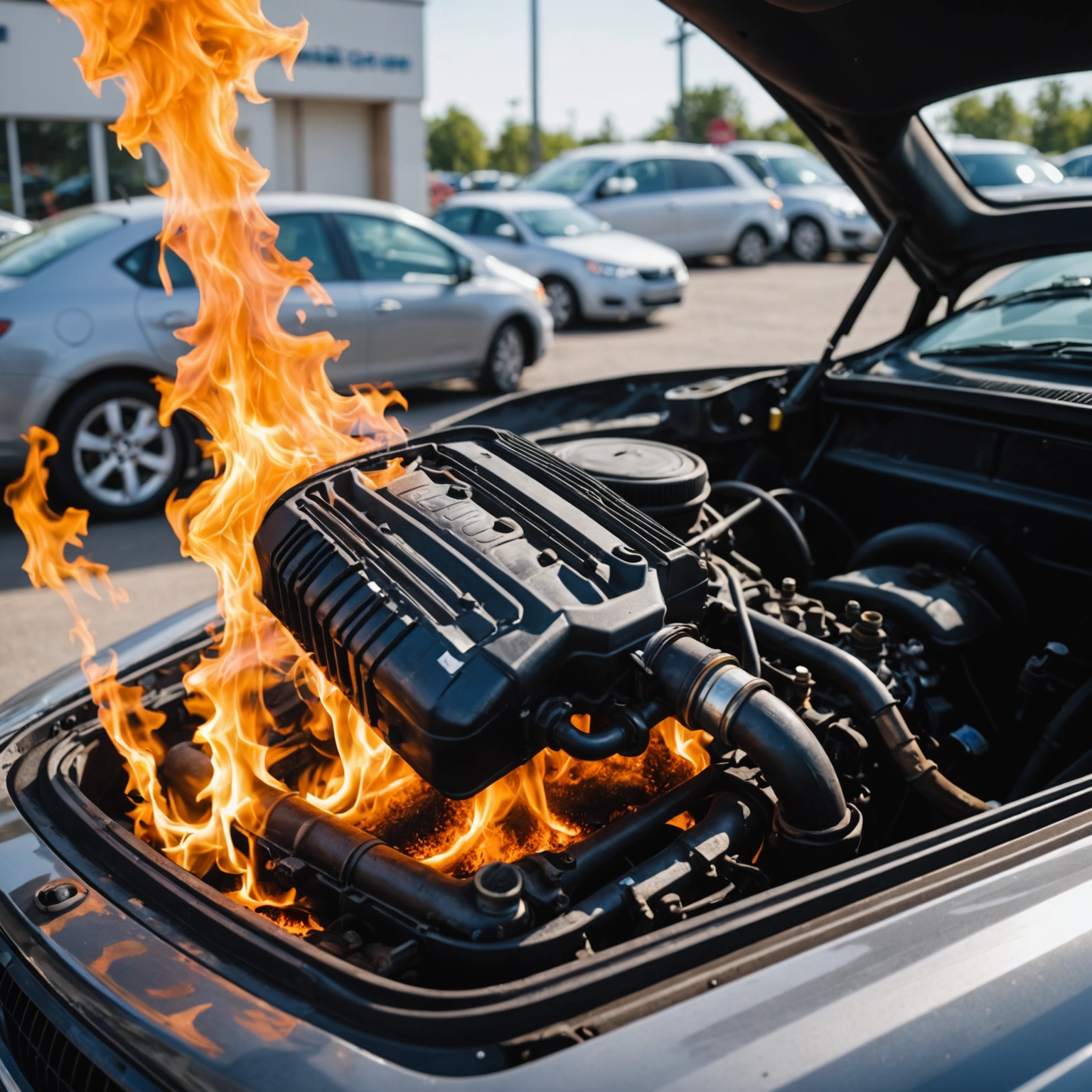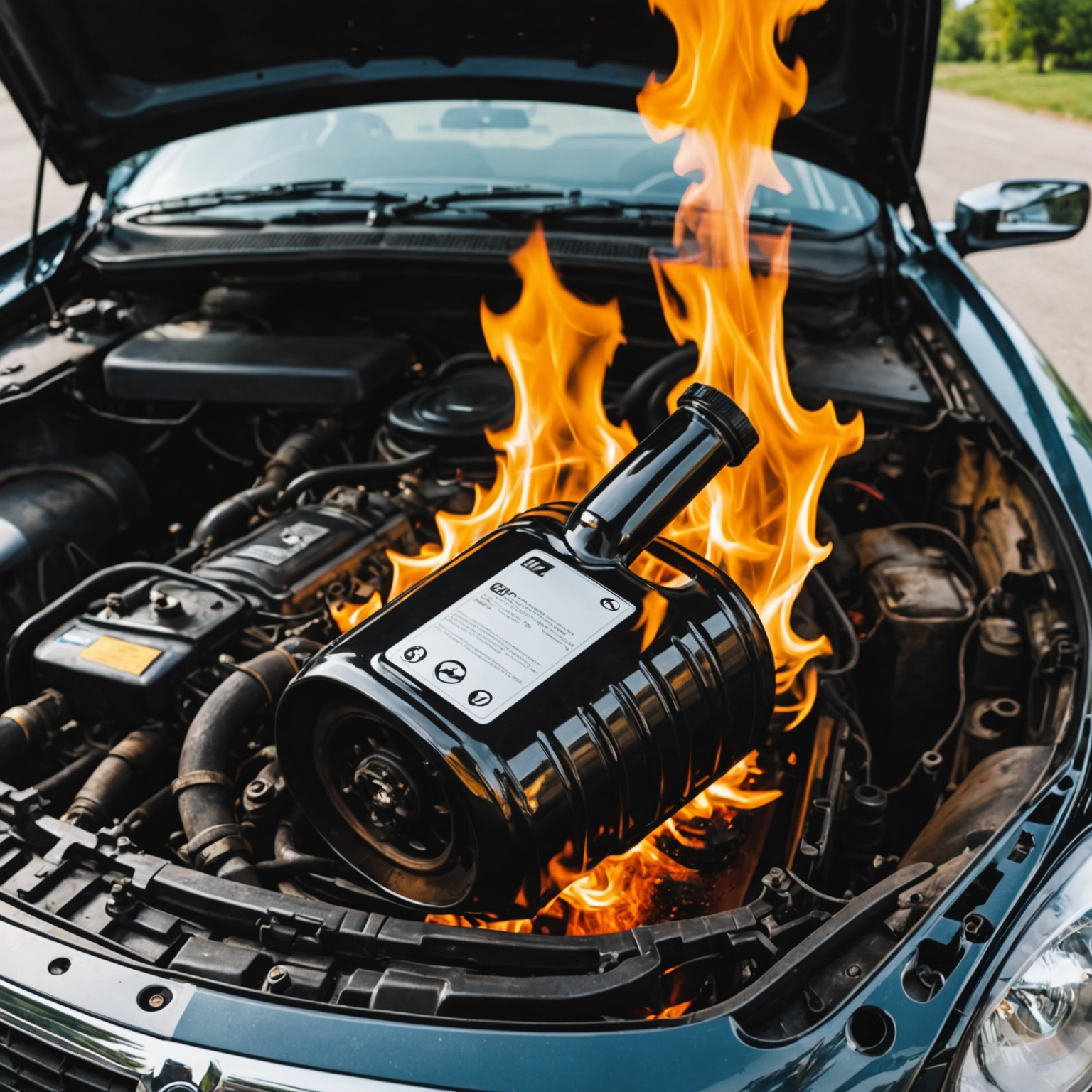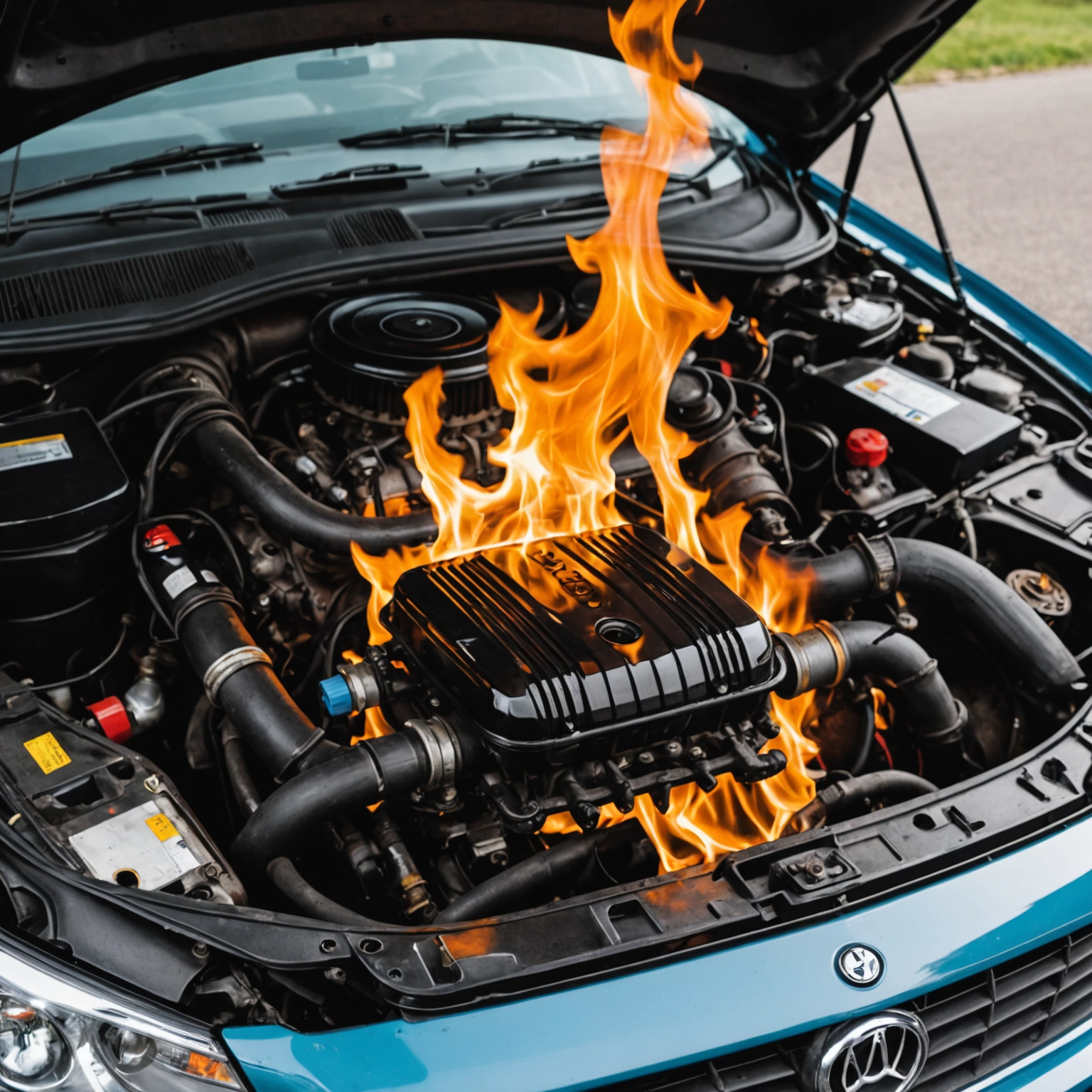**Why Does My Car Burn Oil? Understanding the Causes and Solutions**
If you’ve noticed that you need to add oil more frequently or see blue smoke from your exhaust, you might be wondering, “Why does my car burn oil?” Oil consumption can be caused by several factors, some of which are normal wear and tear, while others indicate underlying issues that may require attention. Let’s explore the common reasons behind oil burning and what you can do about it.

### 1. **Worn Piston Rings**
Piston rings seal the combustion chamber, preventing oil from entering the cylinders. Over time and with extensive use, these rings can wear out or become damaged, allowing oil to seep into the combustion chamber where it burns along with fuel. This is a common cause of increased oil consumption and blue smoke from the exhaust.

### 2. **Valve Seal Problems**
Valve seals prevent oil from leaking into the engine’s cylinders through the valve stems. Worn or damaged valve seals can lead to oil entering the combustion chamber, especially during cold starts, resulting in burning oil and smoke.

### 3. **PCV Valve Malfunction**
The Positive Crankcase Ventilation (PCV) valve helps vent gases from the crankcase and recirculate them into the intake manifold. A faulty or clogged PCV valve can cause pressure buildup and increased oil consumption, leading to oil burning.

### 4. **Oil Viscosity and Quality**
Using the wrong type of oil or poor-quality oil can contribute to increased burning. Thinner oils may burn more easily, especially if your engine is older or has worn components. Always use the manufacturer-recommended oil for optimal performance.
### 5. **Engine Wear and Age**
As engines age, components like piston rings and valve seals naturally wear out, leading to increased oil consumption. Regular maintenance can help mitigate some of this wear, but eventually, engine overhaul may be necessary.
### 6. **Driving Conditions**
Frequent short trips, stop-and-go traffic, or aggressive driving can contribute to higher oil consumption. These conditions prevent the engine from reaching optimal operating temperature, making it harder for the engine to burn off moisture and combust oil efficiently.
### 7. **Leaks and External Causes**
Sometimes, oil loss isn’t due to burning but external leaks. Check for oil spots under your vehicle or oil spots on engine parts. Oil leaks from gaskets, seals, or loose oil filters can mimic oil burning symptoms.
—
### How to Address Oil Burning
– **Regular Oil Changes:** Follow your vehicle’s maintenance schedule to keep oil clean and at proper levels.
– **Use the Right Oil:** Always use the manufacturer-recommended oil type and viscosity.
– **Inspect and Replace Valve Seals and Piston Rings:** If oil burning is severe, a mechanic can diagnose and replace worn components.
– **Check the PCV Valve:** Replace if clogged or malfunctioning.
– **Monitor Driving Habits:** Avoid frequent short trips and aggressive driving when possible.
– **Address External Leaks:** Repair gaskets, seals, or oil filters as needed.
—
### When to See a Professional
If your car is burning a significant amount of oil, showing blue smoke, or experiencing a loss of power, it’s time to have a mechanic diagnose the issue. Ignoring oil burning can lead to more serious engine damage and costly repairs.
—
**In summary**, burning oil can be caused by engine wear, faulty seals, or other mechanical issues. Regular maintenance, proper oil use, and prompt repairs can help keep your engine running smoothly and extend its lifespan. If you’re unsure about the cause, consult a trusted mechanic to diagnose and resolve the problem effectively.

